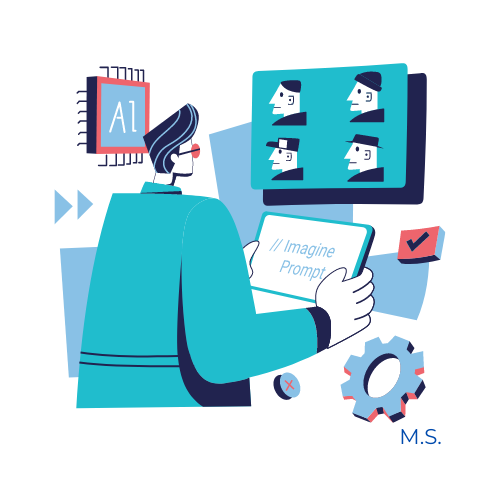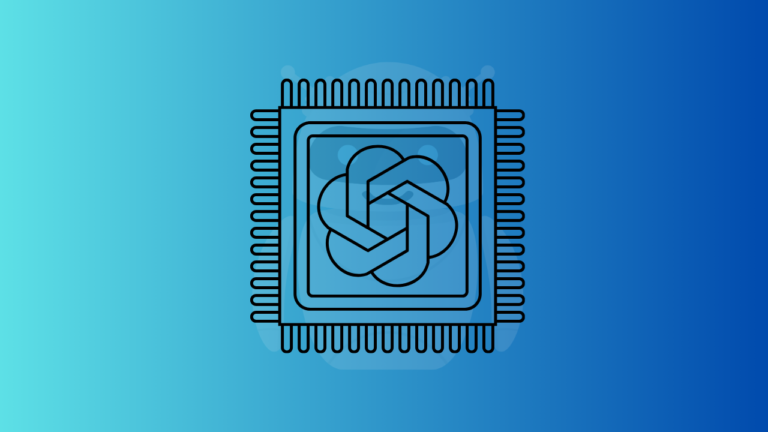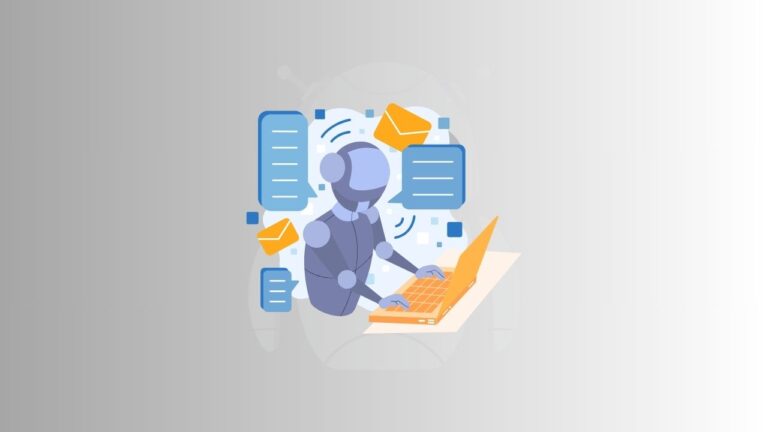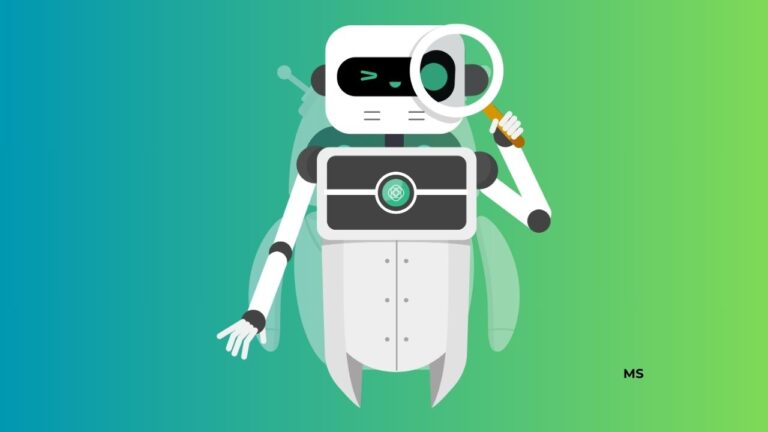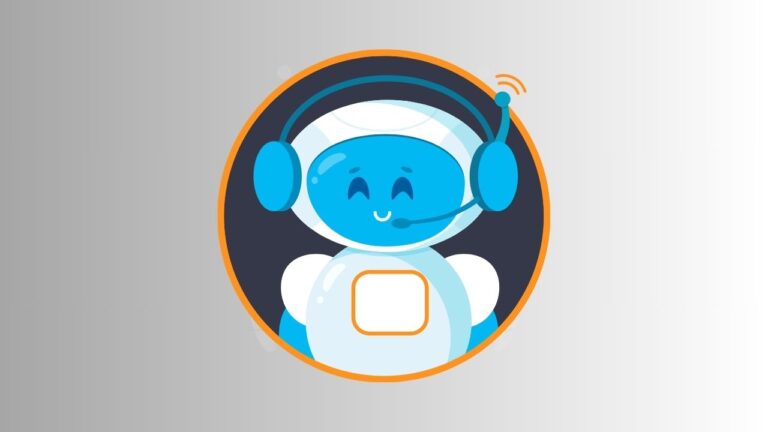Overview of Chatbot Virtual Assistant
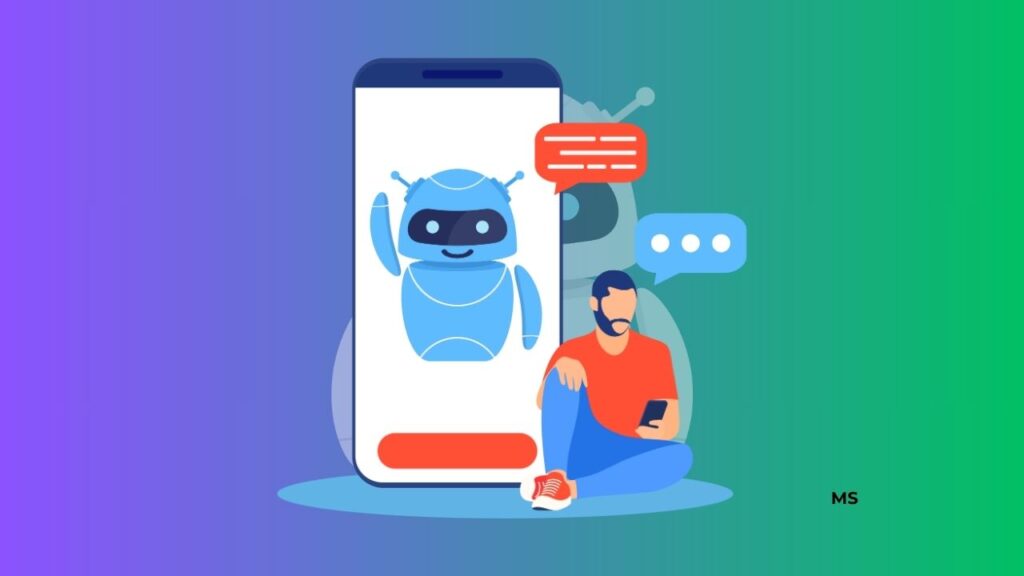
In digital technology, chatbot virtual assistants have emerged as a cornerstone for enhancing customer engagement, streamlining communication, and automating responses in various business environments. These AI-driven tools have evolved from simple scripted bots to sophisticated systems capable of understanding and responding to complex queries in a human-like manner. Powered by advancements in artificial intelligence (AI) and machine learning (ML), these chatbot virtual assistants can handle various tasks, from answering customer inquiries to scheduling appointments and even providing personalized recommendations. Their ability to operate 24/7 without human intervention makes them invaluable assets for businesses looking to improve efficiency and customer satisfaction.
Definition and Emergence of Cloned Chatbot Virtual Assistants
With the maturation of AI technology, a new breed of virtual assistants has surfaced: cloned assistants. These are specialized chatbot virtual assistants designed to replicate a specific individual’s communication style, decision-making process, and knowledge base, typically a key figure within an organization like a CEO or department head.
The concept of cloned chatbot virtual assistants, acting as personal assistants and employing conversational AI originated from the need to personalize interactions more profoundly than what generic chatbots and virtual assistants offer. While traditional chatbots are programmed to respond based on a predetermined set of rules and data, cloned assistants are tailored to mirror the unique attributes of a particular person. This is achieved by training the AI with data specific to that individual, such as their past communications, decision-making patterns, and even their tone and interaction style.
The result is a chatbot that doesn’t just provide generic answers but interacts in a way that is indistinguishable from the person it is cloned from, providing a highly personalized and relatable experience for the user.
The emergence of cloned assistants marks a significant milestone in the evolution of AI technology in the business world. It reflects a growing trend towards hyper-personalization in customer service and internal company operations. These chatbot virtual assistants offer the dual benefits of maintaining the personal touch that key individuals bring to their interactions while leveraging the efficiency and scalability of AI technology.
Understanding the Cloned Chatbot Virtual Assistant
AI chatbot virtual assistants have revolutionized how businesses interact with customers, automate workflows, and handle various tasks. These digital assistants harness artificial intelligence (AI) to simulate human-like conversations and interactions. A significant advancement in this field is the emergence of cloned chatbot assistants tailored to replicate the conversational style and decision-making patterns of specific individuals, such as CEOs or HR heads.
Definition of Cloned Assistant and Cloned Chatbot Virtual Assistant
- Cloned Assistant: A cloned assistant is a digital representation of a specific individual, designed to mirror their communication style, knowledge, and preferences. This concept extends beyond basic programmed responses to encompass a deeper level of personalization.
- Cloned Chatbot Virtual Assistant: This is a specialized cloned assistant powered by AI that focuses on text or voice-based interactions. Unlike standard virtual assistants, these chatbots are customized to emulate a particular person’s persona and cognitive patterns, offering a unique and personalized user experience.
The Technology behind the Chatbot Virtual Assistant
- Overview of AI Technologies: AI chatbot assistants leverage advanced technologies like machine learning (ML) and natural language processing (NLP). These technologies enable chatbots to learn from interactions, understand human language, and respond naturally and contextually appropriately.
- Machine Learning and NLP: ML algorithms allow chatbots to analyze patterns and improve through experience. NLP enables them to interpret and generate human-like text or speech. These technologies are crucial in creating a cloned chatbot that can mimic a specific individual’s conversational style.
Differences between Generic AI Chatbots and Cloned Versions
- Comparison with Generic AI Chatbots, Emphasizing the Distinct Features of Conversational AI and Natural Language Understanding: Generic AI chatbots offer standard responses and are designed for broad, non-specific interactions. In contrast, cloned chatbot virtual assistants are tailored to exhibit a specific person’s personality, tone, and decision-making approach.
- Uniqueness of Cloned Chatbots: These chatbots and virtual assistants excel in contexts where the personal touch of a specific individual, such as a CEO or customer service head, is crucial, leveraging conversational AI. They can replicate the expertise and demeanour of these individuals, providing a more personalized and effective interaction.
- Advantages in Business and Customer Service: Cloned chatbot assistants enhance customer engagement by providing a personalized experience in business settings. They can effectively represent the brand’s voice and ethos, as embodied by key individuals, thereby fostering a deeper connection with users.
The Technology behind AI Chatbot Virtual Assistants
- Overview of AI Technologies: AI chatbot assistants leverage advanced technologies like machine learning (ML) and natural language processing (NLP). These technologies enable chatbots to learn from interactions, understand human language, and respond naturally and contextually appropriately.
- Machine Learning and NLP: ML algorithms allow chatbots to analyze patterns and improve through experience. NLP enables them to interpret and generate human-like text or speech. These technologies are crucial in creating a cloned chatbot that can mimic a specific individual’s conversational style.
Differences between Generic AI Chatbots and Cloned Versions
- Comparison with Generic AI Chatbots: Generic AI chatbots offer standard responses and are designed for broad, non-specific interactions. In contrast, cloned chatbot assistants are tailored to exhibit a specific person’s personality, tone, and decision-making approach.
- Uniqueness of Cloned Chatbots: These chatbots excel in contexts where the personal touch of a specific individual, such as a CEO or customer service head, is crucial. They can replicate the expertise and demeanour of these individuals, providing a more personalized and effective interaction.
- Advantages in Business and Customer Service: Cloned chatbot assistants enhance customer engagement by providing a personalized experience in business settings. They can effectively represent the brand’s voice and ethos, as embodied by key individuals, thereby fostering a deeper connection with users.
Benefits of Chatbot Virtual Assistants in Business
Streamlining Business Operations
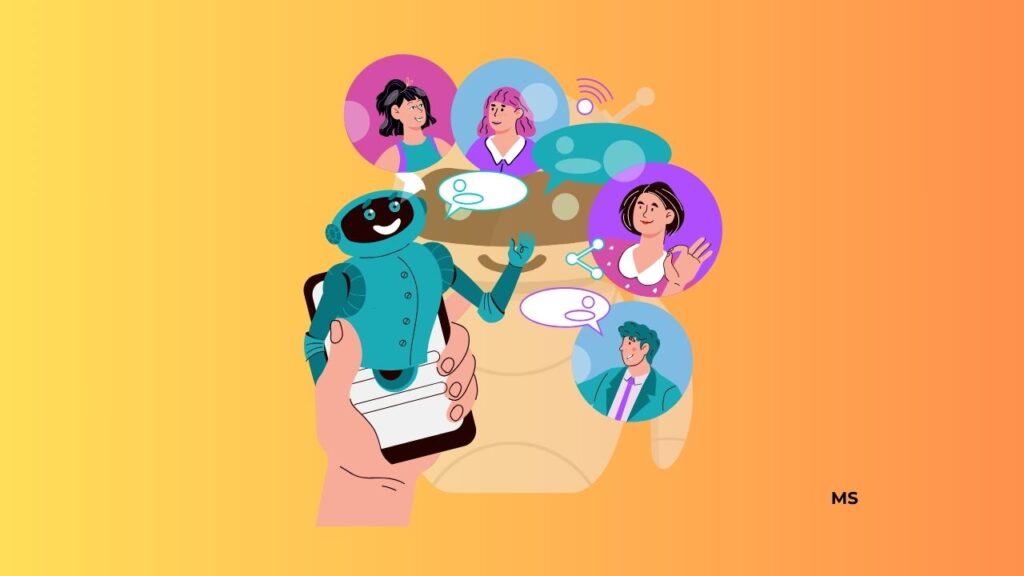
The integration of chatbot virtual assistants into business operations has revolutionized how companies manage their day-to-day activities. These AI-powered tools, serving as personal assistants, are adept at automating routine tasks, such as scheduling meetings, managing emails, and handling data entry, which traditionally consume a significant portion of human resources. By taking over these repetitive tasks, chatbot assistants allow employees to focus on more complex and creative aspects of their work, thus increasing overall productivity and efficiency. Additionally, virtual assistants can integrate seamlessly with various business software and platforms, ensuring a smooth flow of information and reducing the likelihood of errors often associated with manual processes.
Enhancing Customer Service
One of the most notable benefits of chatbot virtual assistants in business is their ability to enhance customer service. These AI-driven assistants provide instant responses to customer inquiries, regardless of the time of day, offering a level of service that is difficult to achieve with human staff alone. This 24/7 availability of intelligent virtual assistants ensures customer issues are promptly addressed through messages, significantly improving customer satisfaction and loyalty. Moreover, AI chatbots can simultaneously handle a large volume of queries, which can be particularly beneficial during peak times or for businesses with a large customer base.
Personalization and Brand Representation
Chatbot virtual assistants excel in delivering personalized experiences to users. They can learn from past interactions and tailor their responses based on individual customer preferences and history. This level of personalization makes customers feel valued and understood, fostering a stronger connection with the brand.
In addition to personalization, these virtual assistants can be programmed to embody the brand’s voice and ethos. Cloned assistants take this a step further by mirroring the style and tone of key company figures, such as the CEO or head of customer service. This provides a unique and memorable interaction for the customer and helps maintain a consistent brand image across all customer touchpoints. The ability to replicate the expertise and demeanour of specific individuals in an organization adds a layer of authenticity and trust to the customer experience, aligning closely with the company’s brand values and culture.
Case Study: Cloning the CEO
The Concept of a CEO-Cloned Chatbot Virtual Assistant
At the forefront of AI innovation in the corporate world, creating a cloned chatbot virtual assistant for a company’s CEO represents a groundbreaking development. This concept involves developing a chatbot that mimics the CEO’s communication style and knowledge and embodies their decision-making process and business acumen. The technology behind this involves in-depth learning of the CEO’s past communications, responses to different business scenarios, and overall leadership approach, enhancing the capabilities of chatbots and virtual assistants. This AI clone is not a mere replica for correspondence but an embodiment of the CEO’s executive presence, capable of interacting with employees, stakeholders, and possibly customers to reflect the CEO’s own methods and personality.
Advantages for Leadership and Decision-Making
Implementing a CEO-cloned chatbot assistant offers numerous advantages in leadership and decision-making within an organization. Firstly, it ensures consistency in leadership communication, especially in large companies where the CEO cannot personally address every issue. The cloned assistant can provide guidance and make decisions in line with the CEO’s known perspectives and strategies, thereby maintaining a steady course in leadership across various levels of the organization.
Moreover, when rapid decision-making is crucial, the cloned assistant can offer immediate responses based on the CEO’s previous decision-making patterns. This can be particularly beneficial in managing time-sensitive issues, ensuring that decisions are made quickly without waiting for the CEO’s direct input, which their availability might constrain.
Impact on Company Culture and Employee Engagement
Introducing a CEO-cloned chatbot assistant, a type of intelligent virtual assistant, can profoundly impact company culture and employee engagement. It democratizes access to the CEO’s insights and leadership style, allowing employees at all levels to feel more connected to the top-tier decision-making process. This can lead to a more inclusive work environment where employees feel their voices are heard and their concerns are addressed consistently with the company’s leadership.
Additionally, this technology can play a pivotal role in reinforcing the company’s values and ethos. As employees interact with the CEO-cloned chatbot, they are continually exposed to the CEO’s core principles and priorities, promoting a stronger alignment with the company’s mission and objectives. This consistent reinforcement can help build a robust company culture driven by shared values and a unified vision.
Cloning the Head of the HR Department
Role of AI in HR
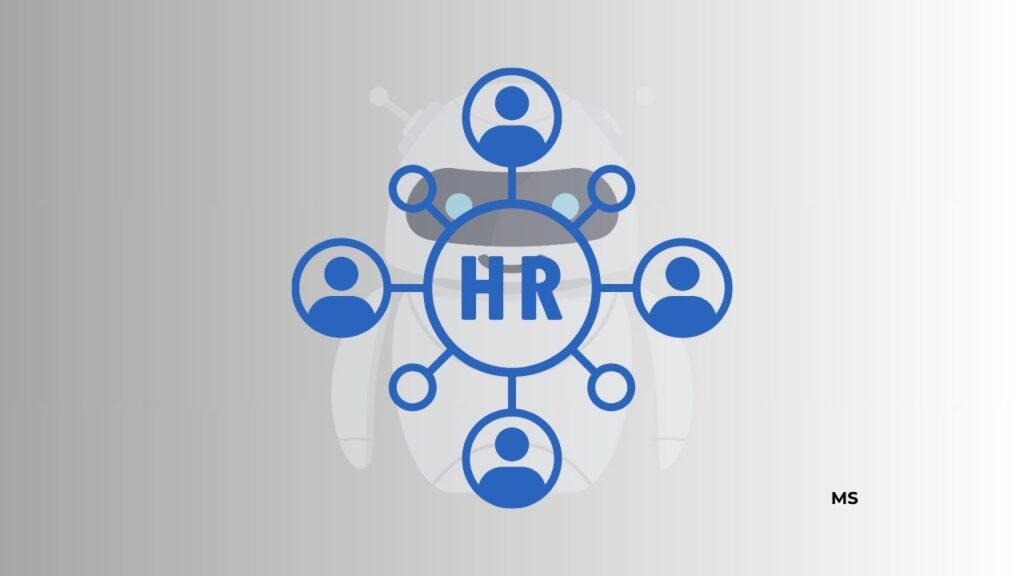
Integrating Artificial Intelligence (AI) in Human Resources (HR) represents a significant shift in how employee management and organizational processes are conducted. AI technologies in HR, ranging from automated recruitment systems to AI-driven performance analysis tools, have streamlined various HR functions. These technologies improve operational efficiency and provide deeper insights into employee engagement and productivity. The deployment of AI in HR is a testament to the evolving landscape of workforce management, where technology complements human expertise to create more effective and efficient HR practices.
Benefits of a Cloned HR Chatbot Virtual Assistant
The concept of cloning the Head of an HR department into a chatbot assistant marks a new era in personalized and efficient HR management. A cloned HR chatbot virtual assistant is designed to emulate the specific communication style, problem-solving approach, and expertise of the HR head. This goes beyond generic automated responses, offering tailored guidance and support that reflect the unique attributes and knowledge of the HR leader.
The benefits of such a cloned assistant in HR are manifold:
- Personalized Employee Interaction: Employees can interact with the chatbot to receive personalized advice and answers reflecting the HR head’s approach and understanding.
- Consistent HR Practices: The cloned assistant ensures consistency in HR policies and advice, aligning with the organization’s standards and the HR leader’s interpretation of them.
- Efficient Resolution of HR Queries: The chatbot can handle Routine HR queries swiftly, freeing up the HR team to focus on more complex issues.
Improving Employee Relations and Efficiency
Deploying a cloned HR chatbot virtual assistant can significantly enhance employee relations and operational efficiency. For employees, having constant access to HR support, especially one that mirrors the head of HR, can be reassuring and empowering. It allows for immediate resolution of common HR-related queries and concerns, enhancing employee satisfaction and engagement.
Moreover, such an AI tool aids in maintaining a high level of efficiency in HR operations. It can handle a large volume of queries simultaneously, reduce response times, and eliminate bottlenecks caused by manual HR processes. This optimises HR workflows and contributes to a more dynamic and responsive HR department, ultimately fostering a positive work environment and culture.
Customer Service Revolutionized
Cloned Customer Service Advisor Assistants
In the evolving customer service landscape, the advent of cloned customer service advisor assistants marks a significant breakthrough. These AI-powered assistants are designed to emulate a company’s top customer service advisors’ communication style, problem-solving skills, and knowledge base. By harnessing the power of artificial intelligence and machine learning, these cloned assistants can provide personalized, informed, and efficient customer service that closely mirrors the human experience.
Enhancing Customer Experience
The primary goal of cloned customer service advisor assistants is to elevate the customer experience to new heights. They offer several key advantages in this regard:
- Personalized Interaction: Unlike standard chatbots, cloned chatbot virtual assistants provide responses tailored to individual customer needs and preferences, delivering a more personalized and satisfying experience.
- Consistency and Accuracy: These AI assistants ensure consistent and accurate information is relayed to customers, reflecting the company’s standards and the expertise of their best customer service representatives.
- 24/7 Availability: With the ability to operate around the clock, cloned assistants offer customers the convenience of receiving immediate assistance at any time, significantly improving customer satisfaction and engagement.
Case Examples of Successful Implementation
Several companies across various industries have successfully implemented cloned customer service advisor assistants, leading to remarkable customer satisfaction and operational efficiency improvements. For instance:
- A leading telecommunications company implemented a cloned assistant of their top customer service advisor. This resulted in a 30% decrease in average response time and a significant increase in customer satisfaction scores.
- In the retail sector, a global brand introduced cloned chatbot virtual assistants across its online platforms. These assistants provided personalized shopping advice and support, mirroring the expertise of their best in-store advisors. The result was a marked improvement in online sales and positive customer feedback.
- A financial services firm used cloned assistants to handle routine inquiries, allowing their human advisors to focus on more complex customer needs. This improved efficiency and enhanced the overall customer experience, as reflected in higher customer retention rates.
These case examples underscore the transformative impact of cloned customer service advisor assistants on customer relations and business operations.
Ethical Considerations and Challenges
Addressing Privacy and Security Concerns
Integrating AI chatbot virtual assistants, particularly cloned versions, into business and customer service processes raises significant privacy and security concerns. These concerns primarily revolve around the collection, storage, and use of personal data:
- Data Collection and Consent in the Era of Conversational AI: The development of cloned chatbots requires access to a substantial amount of personal data, especially when replicating an individual’s personality and decision-making style. Ensuring that this data is collected with full consent and transparency is crucial. Businesses must adhere to stringent data protection regulations, such as GDPR in Europe, and ensure that individuals are fully aware of the extent of data usage.
- Data Security: Protecting the data used to train and operate these AI systems is paramount. There is a risk of sensitive personal information being exposed through security breaches in systems using chatbots and virtual assistants. Implementing robust cybersecurity measures and constantly updating them to guard against evolving threats is essential for maintaining the trust and safeguarding private information.
Ethical Implications of Cloning Personalities
Cloning the personalities of individuals, whether it be a CEO, HR head, or customer service advisor, presents a unique set of ethical challenges:
- Authenticity and Deception: There is an ethical dilemma surrounding the authenticity of interactions with a cloned chatbot. Users might feel deceived if they are not clearly informed that they are interacting with an AI clone rather than the individual. Clear communication and transparency about the nature of the chatbot are necessary to avoid ethical pitfalls.
- Emotional and Psychological Impact: Cloned chatbots that mimic human personalities could potentially impact users emotionally and psychologically, especially if these interactions are deeply personalized. The ethical responsibility of deploying such technology involves considering and mitigating any negative impacts on users’ well-being.
- Cloning the personalities of individuals, whether they are CEOs, HR heads, or customer service advisors, poses unique ethical challenges.

Conclusion
Chatbot virtual assistants, particularly in the form of cloned assistants, represent a significant advancement in AI and its application in the business world. These AI-powered tools have demonstrated enormous potential in enhancing customer engagement, streamlining business operations, personalizing interactions, and reflecting brand values. The creation of cloned assistants signifies a leap towards hyper-personalization in customer service and internal company communications.
Chatbot virtual assistants, powered by sophisticated AI technologies like machine learning and natural language processing, have transcended the boundaries of traditional customer service and business management. They offer businesses the dual advantage of maintaining the personal touch and expertise of key individuals, like CEOs or HR heads, while leveraging AI technology’s efficiency, scalability, and 24/7 availability. These AI assistants provide consistent, accurate, and immediate responses to customer inquiries and embody the unique personalities and decision-making styles of specific individuals, making each interaction more meaningful and relatable.
However, the journey of integrating these advanced technologies into business processes is not without its challenges. Ethical considerations are paramount, particularly regarding privacy, security, and the authenticity of interactions with intelligent chatbot virtual assistants. Businesses must navigate these concerns with a strong commitment to transparency, data protection, and ethical usage of AI.
In conclusion, chatbot virtual assistants, and more so, their cloned counterparts, represent a revolutionary step in the way businesses interact with customers and manage internal processes through conversational AI. While they bring numerous benefits in terms of efficiency, personalization, and customer engagement, companies need to address the associated ethical and security challenges proactively. As we move forward, the continued evolution of these technologies promises to transform the business landscape further, offering exciting possibilities for enhanced customer experiences and more efficient business operations.


